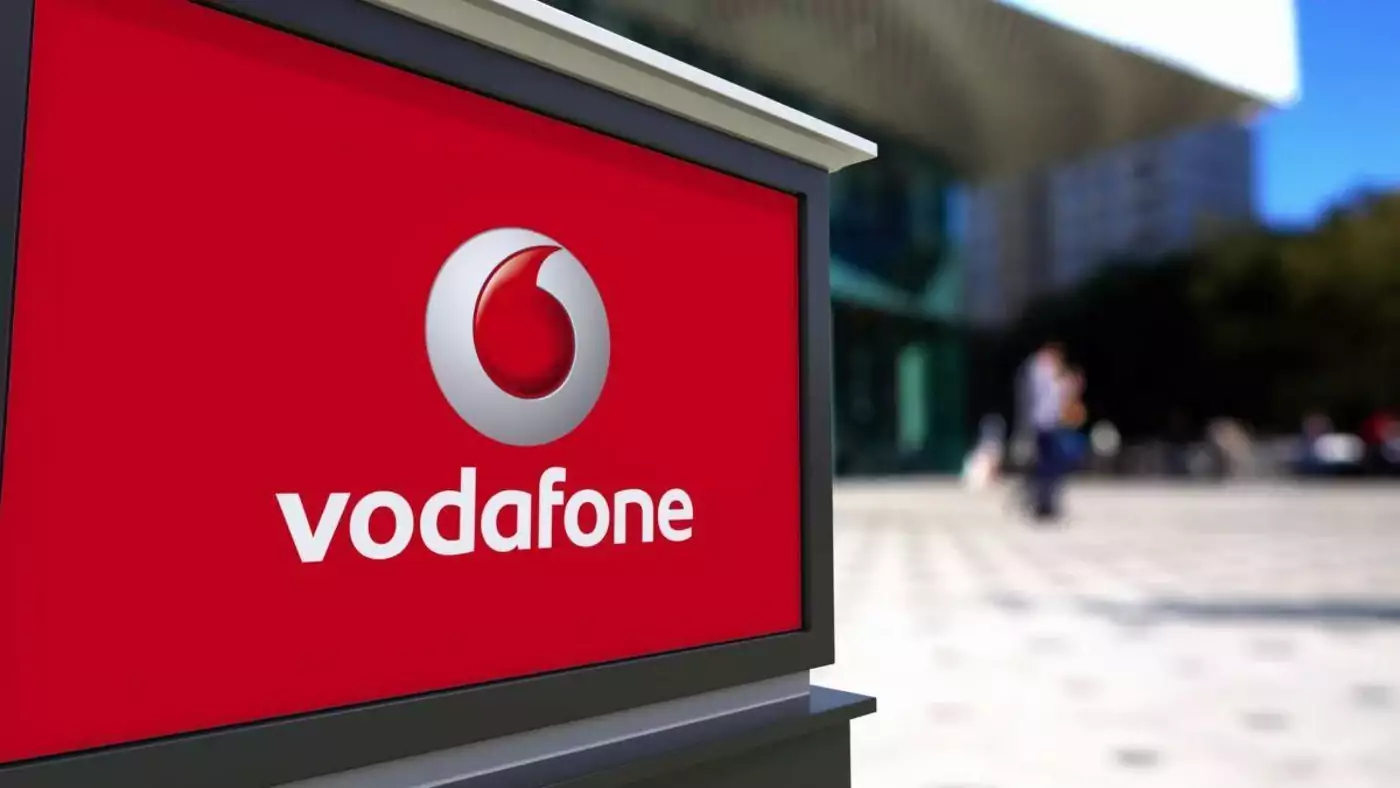Following the news that EE and BT customers will see a rise of 4.5% on their bills from end of March, Vodafone And Three are to follow suit with price rises of pp To 4.5%. The rise is made up of the Consumer Price Index (CPI) figure for January which is 0.6% and the 3.9% BT and EE added to their contracts in September 2020.
If you signed up with Three as a pay-monthly customer or renewed your pay-monthly Three contract on or after October 29 last year, your bills will increase by 4.5% from your April bill.
If you joined Three (or renewed with them) between May 29, 2015 and October 29 last year, you will see a smaller increase of 1.4% from May.
Based on the average UK mobile phone bill of £46.50 a month (according to Ofcom), this translates into increases of around £2.10 or £0.65p respectively.
A spokesperson for the Three network said:
“Like other mobile network providers, our pay-monthly plans are subject to an annual price increase.
“We are investing £2billion+ in the UK’s fastest 5G network to ensure we have a strong network, capable of delivering better connectivity, every day, for every customer.”
Meanwhile, if you took out a new contract with Vodafone before December 9 last year, your bill will rise in line with the Office for National Statistics’ (ONS) Retail Price Index (RPI), as announced in March. The price change will then hit your April bill.
If you joined or renewed your Vodafone deal after that date, your bills will increase by 4.5% from April. It will affect pay-monthly and SIM-only phone and tablet customers, but not home broadband customers.
If you signed up for home broadband with Vodafone between December 9 last year and February 23 this year, you will also have to wait for RPI to be announced in March to find out how much your bills will increase by.
A spokesperson for Vodafone said:
“We recognise no one wants to see price rises, but these are necessary for us to continue investing in our networks, products and services.”
Yet other communications providers explicitly market their contracts as having no mid-contract price rises. Prominent examples include Tesco Mobile, Hyperoptic and Zen Internet
Unfortunately, customers who signed contracts before 11 January 2019 and after 1 September 2020 can’t leave if they’re still within their minimum term. That’s because they explicitly agreed to the terms when they signed up, meaning carriers have every right to impose this hike on their bills.



